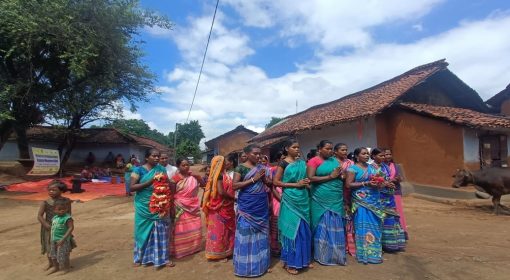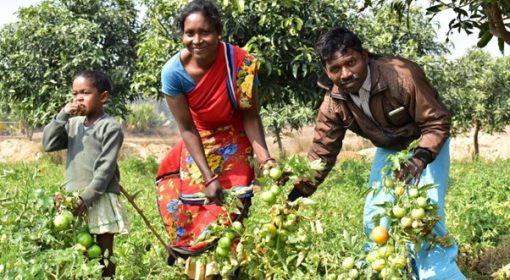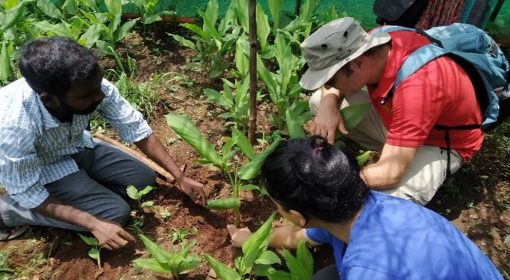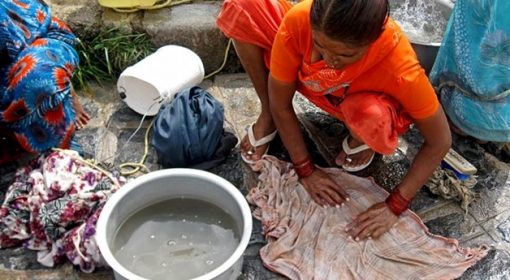by Marina Vara Gutiérrez (Aidenvironment), Rubén Borges Robles (Rockinsoils), and Francesco Sambalino (MetaMeta)
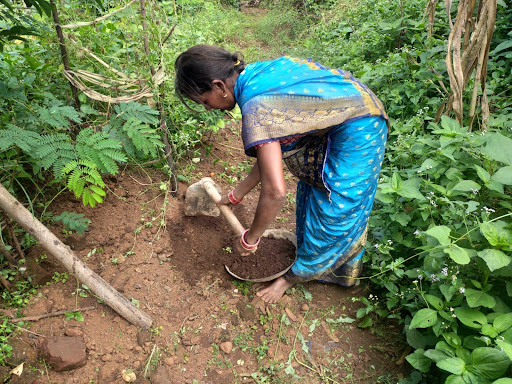
Agriculture is the backbone of the Indian economy. Agriculture in India is largely dependent on manual labour and hand tools, as mechanised farming methods are not commonly used. Although in other parts of rural India farmers use hand tools for many farming operations, in the states of Madhya Pradesh and Jharkhand manual agriculture is still the most common practice. Manual agriculture employs a large number of rural women, the so-called ‘hand labourers’. Specially in these areas, well thought tools have the potential to make agricultural operations faster, thus improving the household economy. Moreover, appropriate tools reduce the labour intensity of some agricultural tasks (like weeding) and improve the farmers’ quality of life by reducing body pain.
When we discuss regenerative agricultural practices is it common to forget about the socio-economic aspects of making regenerative agriculture mainstream. Regenerative agricultural practices are most of the time labour intensive. Therefore, when implementing them in a rural context it is key to develop interventions that will favour the integration of these practices in the farming system without adding too much additional labour. In the states of Madhya Pradesh and Jharkhand in India, this means developing women-friendly hand tools that are affordable, ergonomic and that will make farming more efficient.
Although we would expect that hand tools were commonly used among rural women in the states of Madhya Pradesh and Jharkhand most of the agricultural related activities were done manually. In the cases in which hand tools were used they were not always the most appropriate ones. Since hand tools are designed based on the male body proportions, women farmers experience body pain after their use. Therefore, designing a broad range of hand tools that are suitable for women farmers to be used and that are affordable and locally accessible is the main challenge faced in the project areas.
The introduction of women-friendly hand tools will make agriculture more efficient and will improve the quality of life of women farmers. During the next months of the GTP project, together with PRADAN, and FES we will develop a circular design model in which women groups co-create tools with blacksmiths in a reiterative process that will allow for the development of efficient, ergonomic and affordable hand tools.
Produced by:

